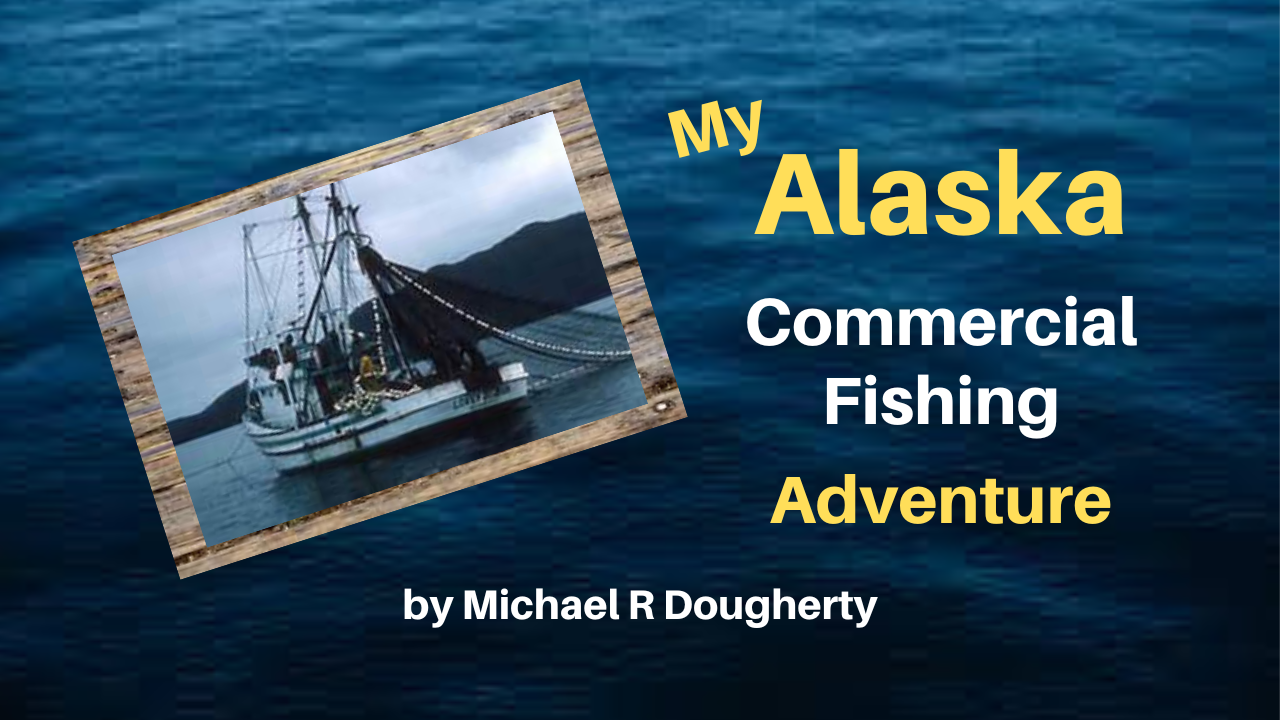He just wanted to keep from falling overboard.
My Alaska Commercial Fishing Adventure

A free ebook and an audiobook
In My Alaska Commercial Fishing Adventure, 16-year-old Michael R. Dougherty lands a tough job on a commercial fishing boat on Prince William Sound in Alaska.
"It was the hardest job I ever had in my life."
Michael R. Dougherty, author